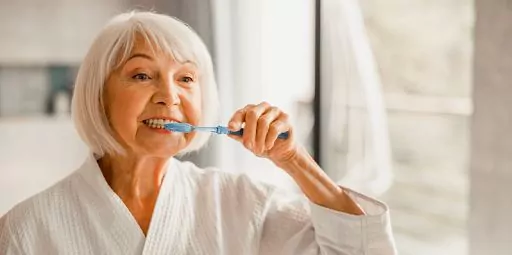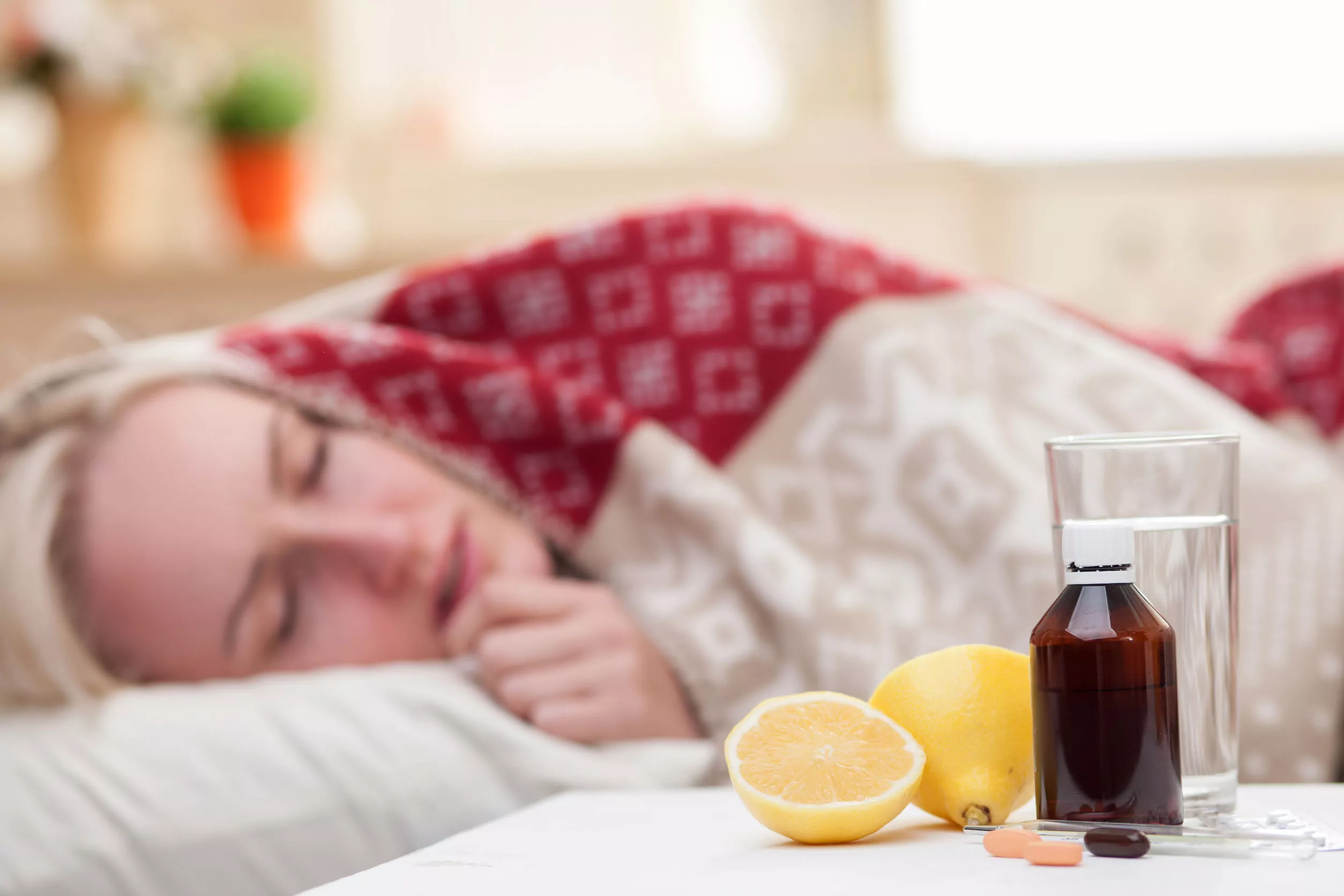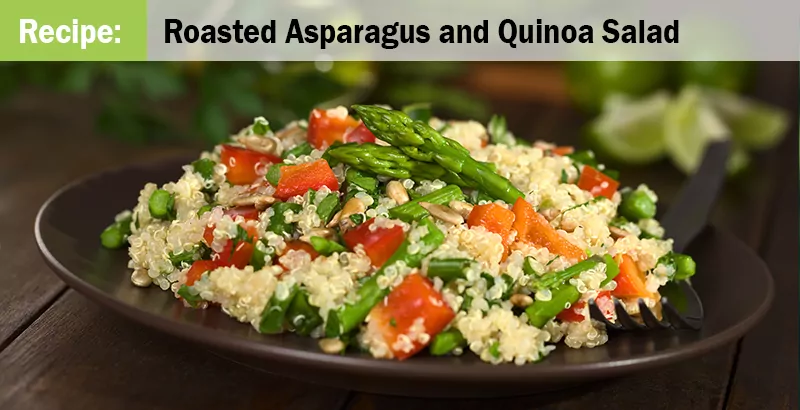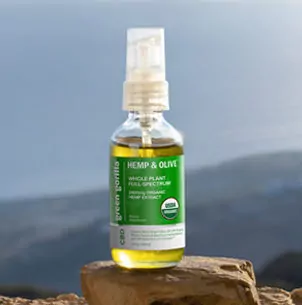Gastroparesis Awareness Month Week 4
 Welcome back to our five-part series on the important topic of Gastroparesis. Today we will cover the pros and cons of a variety of treatment options. If you missed Part 3 you can read it here. (Parts 1-3 are all available on our website under Recent Articles.)
Welcome back to our five-part series on the important topic of Gastroparesis. Today we will cover the pros and cons of a variety of treatment options. If you missed Part 3 you can read it here. (Parts 1-3 are all available on our website under Recent Articles.)
You are DIAGNOSED! HELP! Now what? Remember — you are your own advocate! You will never be like any other Gastroparesis patient. What you take for medication, your choice of recommended foods and your emotions will be different from “that other person.” Your treatment will depend on your health history, present state of health, severity, the extent of your symptoms, and current state of mind.
As you recall, Gastroparesis symptoms are similar to SIBO, GERD, Gastro reflux, or an ulcer. The treatment for those symptoms was appropriate at the time, but consequently, they delayed the needed treatments for Gastroparesis. In the meantime, the symptoms became worse, which altered the intensity of what type of treatment is needed to avoid malnutrition and dehydration. In Part 3 of our series, it was mentioned that some people take up to 5 years to be diagnosed correctly.
The goal of treatments is to make sure the patient does not become malnourished, dehydrated, or suicidal. For example, when the patient is vomiting profusely, is not eating, or has no desire to eat, then to avoid malnutrition and dehydration, medicine is the obvious direction to go. The medications will help to improve gastric emptying by increasing and tightening stomach muscles for motility. We will not list those medications here, as that would be the Doctor’s responsibility to explain his goals for the medications suggested. (For informational purposes only, you may find a list of medications commonly prescribed on the Cleveland Clinic site.)
Medications may become a dilemma for Doctors because the side effects could exacerbate the symptoms or complications such as tiredness, dizziness, drowsiness, headache, diarrhea, constipation, neurological issues such as Tardive dyskinesia (abnormal muscle movements), compromised gut bacteria from antibiotics, depression and suicidal thoughts.
Pain medications are another treatment widely used, such as non-narcotics and opiates. Opioids are commonly used for Diabetic Mellitus and Idiopathic patients.
A treatment for all Gastroparesis sufferers is the diet. The same diet is suggested for all, but that recommended diet does not hit the same spots in each patient. Each patient manipulates and substitutes the food choices because the needs are all different. They use food of choice as their “safe food.” Safe food is usually non-nutritious, but it satisfies their present comfort and security needs and supplies energy.
The core dietary recommendations include:
Non-fibrous fruits, vegetables and juice can be substituted for some. Fiber will cause Bezoars which is a hard ball of food that will cause blockages.
No greasy or spicy foods.
Low-fat or fats that can stay liquefied in the refrigerator.
Drink 1 to 1.5 Liters of water daily.
There are no carbonated beverages, but this is one that patients do not follow as carbonated drinks such as dark sodas (preferably coke) temporarily helps with GERD or reflux and provide short-term energy.
Soups, baby food, and protein shakes are also choices.
They stress eating several small meals instead of a few large meals, chew thoroughly, stand, and walk when finished eating. All of these are great suggestions, but those horrible and severe symptoms inhibit that great advice, like standing after eating. Many patients do not have the energy to do so because their body uses that energy for digestion. (For more details on the diet, you can refer to the Cleveland Clinic Gastroparesis Diet.)
At Freshlife, we offer natural remedies to relieve and help Gastroparesis as well.
Probiotics, when medicated with antibiotics, to help relieve bloating and restore gut bacteria.
Digestive enzymes to help breakdown food for easier digestion.
Inner-fillet and whole leaf Aloe Vera can help with reflux, GERD, constipation, and coat and repair the digestive tract.
Aloe Vera Stomach Formula may help with soothing digestive inflammation and improving elimination.
A product called Vital Gut Renew helps heal the mucus lining of the gut and intestines. This will help improve absorption and heal leaky gut.
We have other products that solely help relieve nausea, diarrhea, and cramping.
We offer CBD for pain, with or without THC, which is a stepping stone to medical marijuana. Essential oils are also used for pain and elimination issues through topical application only. We do not recommend ingesting essential oils, although we do have an encapsulated peppermint oil supplement. Ask any Wellness Coach for help with your choices.
Other non-conventional treatments include:
Exercise, which stimulates the Human Growth Hormone (HGH). HGH repairs the nerves, therefore eventually targeting the nerves of the stomach and the Vagus Nerve. The downside is exercise is limited due to the lack of energy of the individual.
Chiropractors can work on the Vagus nerve when damaged through accident or other causes.
Acupuncture and/or massage can release blocked toxins that hinder digestion. Lymphatic massage is especially beneficial.
Yoga teaches you to use your breath and relaxation to increase motility. Yoga exercises can be found on YouTube titled “Yoga for Gastroparesis.”
When diet, medication or natural remedies fail to keep you from being malnourished or dehydrated, then surgical procedures may be recommended, such as Pyloraplasy, Gastric Nerve Stimulator, Gastronomy Tube, Jejunostomy Tube (JJ Tube) and Gastrectomy. Again, the explanation of these procedures and their purpose will be left to the Doctor to explain.
I did not mention what I feel is the most crucial treatment of all. This treatment is what all the Gastroparesis victims crave. This is what I feel will repair their condition and quality of life, which is why it is so important to increase awareness. Next week I will tell you what this no-cost treatment is, which only has positive side effects for all involved.
Thank you, and stay tuned for next week!
Sandy, Wellness Coach






